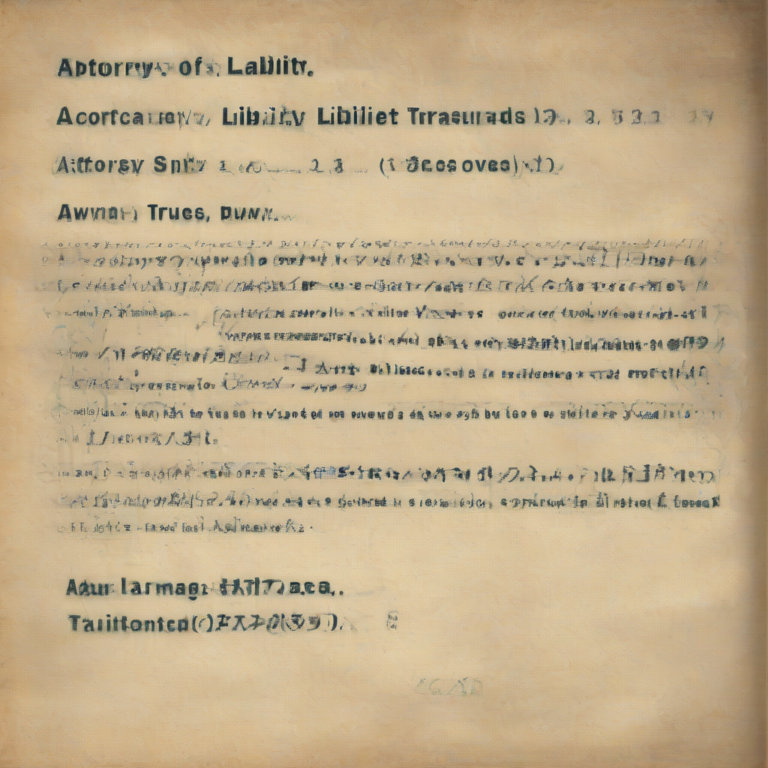
Donate Your Car: A Comprehensive Guide to Charitable Vehicle Donations
Donating your car to charity is a rewarding way to declutter your life, help a worthy cause, and potentially receive a tax deduction. This guide provides a comprehensive overview of the process, addressing common questions and concerns to ensure a smooth and beneficial experience for both you and the recipient charity.
Why Donate Your Car to Charity?
Donating a vehicle offers several advantages:
- Tax benefits: You can claim a tax deduction for the fair market value of your car, subject to IRS regulations. This can significantly reduce your tax liability.
- Environmental responsibility: Instead of letting your car sit idle and potentially pollute, donating it ensures proper disposal or refurbishment, minimizing environmental impact.
- Supporting a cause you believe in: You directly contribute to the mission of a charity you care about, empowering them to continue their vital work.
- Convenience: Reputable charities typically handle the entire donation process, including towing and paperwork, making it a hassle-free experience.
- Clearing out unwanted vehicles: If you have an old, damaged, or unused car taking up space, donation provides a convenient solution for removal.
Choosing the Right Charity
Selecting a reputable charity is crucial. Research thoroughly before making your donation. Consider these factors:
- Charity’s mission and impact: Ensure the charity aligns with your values and has a proven track record of positive impact.
- Transparency and accountability: Look for charities with readily available financial information and a commitment to transparency.
- Vehicle donation program specifics: Check the charity’s website for details on their vehicle donation process, including eligibility requirements, accepted vehicle types, and towing arrangements.
- Reviews and ratings: Consult reputable charity rating websites like Charity Navigator or GuideStar to assess the charity’s financial health and accountability.
- Registration and legitimacy: Verify the charity’s registration status with your state’s attorney general’s office or a similar regulatory body.
The Donation Process: A Step-by-Step Guide
The process typically involves these steps:
- Research and select a charity: Use the criteria mentioned above to choose a charity that resonates with you.
- Contact the charity: Reach out to the charity’s vehicle donation program to inquire about the donation process and eligibility requirements.
- Provide vehicle information: Provide details about your vehicle, including make, model, year, mileage, and condition.
- Schedule a pickup: The charity will arrange for the towing of your vehicle from your location.
- Sign the title: You will need to sign the title over to the charity, releasing ownership.
- Receive your tax receipt: The charity will provide you with a tax receipt documenting your donation, which you will need to claim your tax deduction.
Tax Deductions and IRS Regulations
The tax benefits of car donations are subject to IRS regulations. Key points to remember:
- Fair market value: You can deduct the fair market value of your vehicle at the time of donation. This is the price a willing buyer would pay a willing seller in an arm’s-length transaction.
- Deduction limits: There are limits on the amount you can deduct. The deduction cannot exceed the amount the charity sells the vehicle for.
- Documentation: Maintain thorough records of your donation, including the tax receipt, vehicle title, and any other relevant documentation.
- Form 8283: If your deduction exceeds $500, you will need to complete and file Form 8283 with your tax return.
- Professional appraisal: For higher-value vehicles, it might be advisable to obtain a professional appraisal to accurately determine the fair market value.
- Consult a tax advisor: Seek advice from a qualified tax professional to understand the specifics of tax deductions related to car donations and ensure compliance with all regulations.
What Happens to Your Donated Car?
Charities handle donated vehicles in various ways, depending on their condition and the charity’s needs:
- Sale: Many charities sell donated vehicles to generate funds for their programs.
- Repair and resale: Some charities repair and resell vehicles to maximize their value and generate additional income.
- Parts salvage: Vehicles in poor condition may be salvaged for parts, generating revenue and reducing waste.
- Recycling: Charities ensure responsible disposal of unusable vehicles, minimizing environmental impact through recycling programs.
- Direct use: In some cases, charities may use donated vehicles directly for their operations, such as transportation of goods or personnel.
Avoiding Scams and Ensuring Legitimate Donations
Be cautious of scams posing as legitimate charities. To protect yourself:
- Verify the charity’s legitimacy: Thoroughly research the charity before making a donation.
- Beware of unsolicited requests: Do not respond to unsolicited requests for vehicle donations.
- Check for official documentation: Request and verify official documentation, such as a tax receipt and confirmation of vehicle pickup.
- Report suspicious activity: Report any suspicious activity or scams to the appropriate authorities.
- Donate directly to the charity: Avoid intermediaries or third-party organizations that may not be legitimate.
Types of Vehicles Accepted
Most charities accept a wide range of vehicles, including:
- Cars
- Trucks
- SUVs
- Vans
- Motorcycles
- Boats
- RVs
However, the specific types of vehicles accepted may vary depending on the charity. It’s always best to contact the charity directly to confirm whether your vehicle is eligible for donation.
Preparing Your Vehicle for Donation
While you don’t need to meticulously detail your vehicle, it’s helpful to do the following:
- Remove personal belongings: Clear out any personal items from the vehicle before donation.
- Gather necessary documents: Collect the vehicle title and any other relevant documentation.
- Note any known issues: Inform the charity of any mechanical problems or damage to the vehicle.
Frequently Asked Questions (FAQs)
Here are answers to some commonly asked questions about donating a car to charity:
Q: What if my car doesn’t run?
A: Most charities accept non-running vehicles. They will arrange for towing and handle the disposal or salvage of the vehicle.
Q: What if I owe money on my car?
A: You will need to pay off any outstanding loans before donating your car. The charity cannot accept a vehicle with an existing lien.
Q: How long does the process take?
A: The process typically takes a few days to a few weeks, depending on the charity’s schedule and the complexity of the donation.
Q: Can I donate a vehicle that’s been in an accident?
A: Yes, many charities accept vehicles that have been in accidents, although the value for tax purposes might be lower.
Q: What type of tax receipt will I receive?
A: The charity will provide you with a tax receipt specifying the fair market value of your vehicle at the time of donation. Keep this receipt carefully for tax purposes.





